For Lolo, it is important to highlight the astonishing art created by artisans in Mexico. This comes from our admiration for their ancestral knowledge and talented hands; from our efforts to connect you all to them and to their communities so that you can join us in appreciating their abilities; and also from our efforts to put fair trade practices into work, where we as are transparent as we can on our trades with indigenous communities.

This week, we want to highlight the stunning Otomí work from Hidalgo, México. The state of Hidalgo is located in central Mexico and is famous for its rich history of indigenous tribes that have inhibited parts of pre-hispanic Hidalgo. What it is now present-day Hidalgo, however, was mostly Otomí territory, until the Mixteca settled in that region. However, it is important to note that one of the most important archaeological sites with vestiges of the Toltec empire is located in Tula, a city Southeast of Hidalgo.
The Otomí—who call themselves Nahñu, or Hñahñu—belong to the seventh most common language group in Mexico and inhabit the central Mexican plateau in the states of Hidalgo, Tlaxcala, México, Puebla, Veracruz, Querétaro, and Michoacán.
For us at Lolo, Hidalgo is unique as it is birthplace for tenangos one of the most traditional pieces of Mexican embroidery and art. Although somewhat new (tenangos were initially created in the 60s), they are now part of the cultural identity and a major source of income for these artisans. These embroideries are made by using multicolored threads filled with inspirations of images of flora and fauna found in the region, creating animals and flowers that seem almost fantasy-like. Today, artisanal tenangos come in many shapes and sizes: from blouses, dresses, hats, purses, table runners, pillow covers, etc. Artisans in Hidalgo, the same as many artisans that Lolo has partnered with, started to innovate their products and expanded the articles they make to include face masks, thus finding a way to survive during the pandemic.

Tenangos, as precious as they are, come with some controversy as some big brands and designers (such as Pottery Barn, Carolina Herrera, and Mango) have appropriated their designs without giving them due credit. In turn, artisans—who usually live in precarious conditions and come from indigenouse backgrounds that have been historically marginalized—find their businesses and the future of their art in risk, as it is almost impossible to compete against industry’s giants such as these. Knowing this is one of the many reasons behind Lolo’s inspiration for fair trade practices and honest prices, in which we assure that the origin of our products comes directly from the artisan, the prices paid for their product is that which is being asked for, and in which we assure credit is given to highlight the incredible workmanship from our country. In turn, we want to thank you, who purchase from Lolo, for helping us continue to do this.
Want to continue to support and check out items made by Hidalgo artisans? View our Hidalgo Artisans section.
Or check these out:



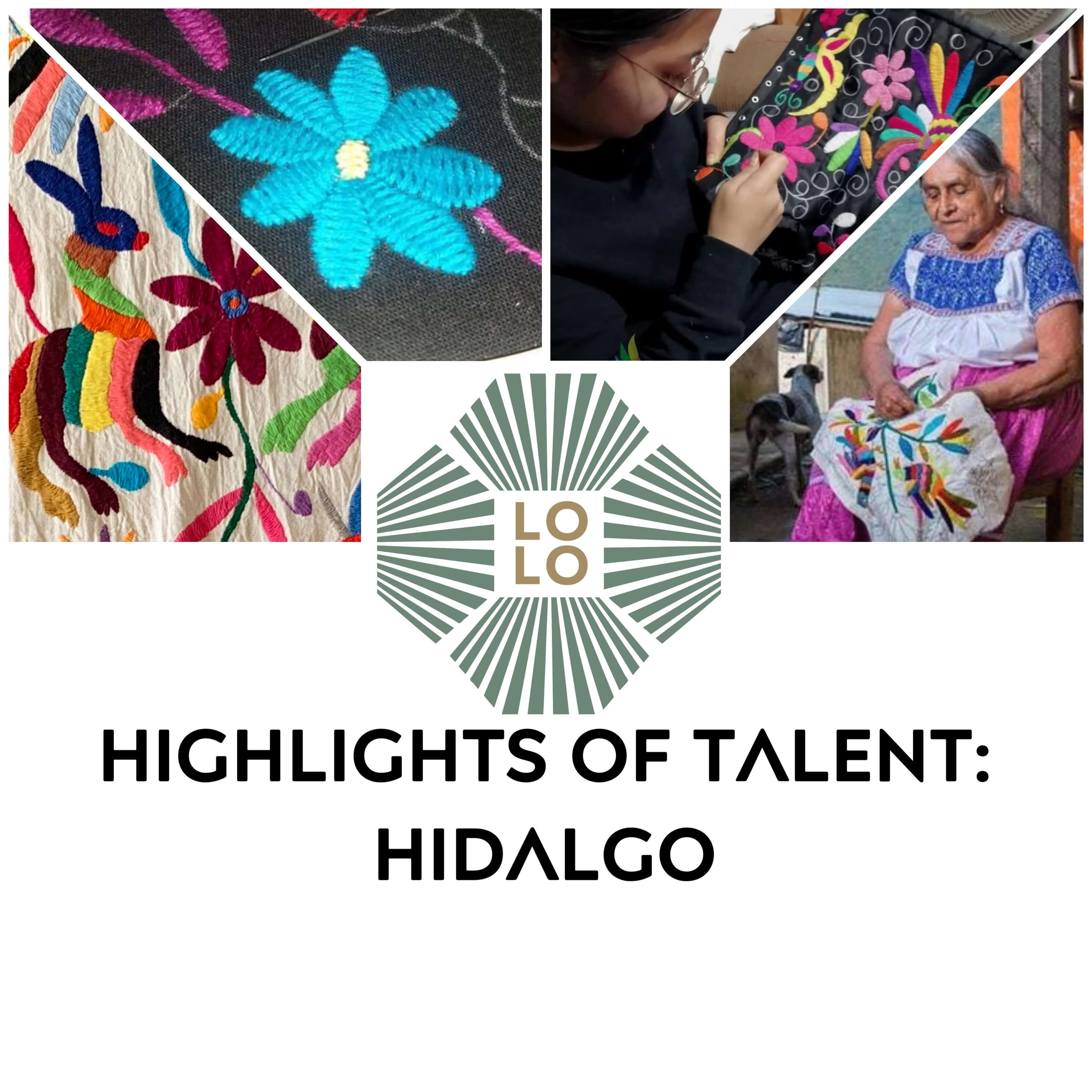




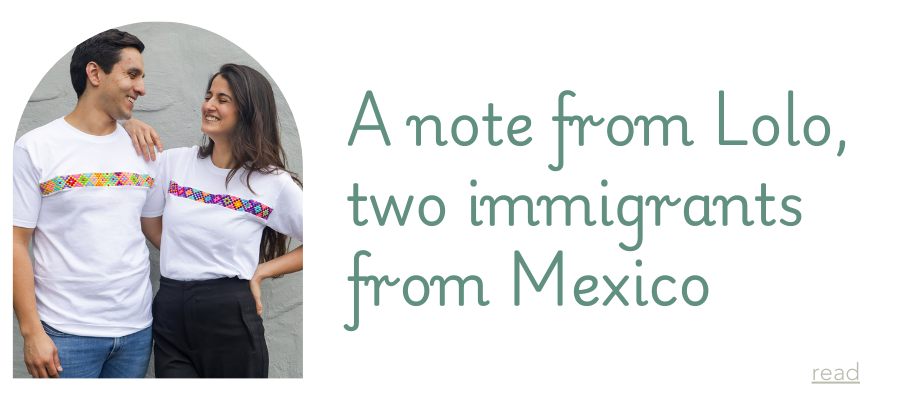
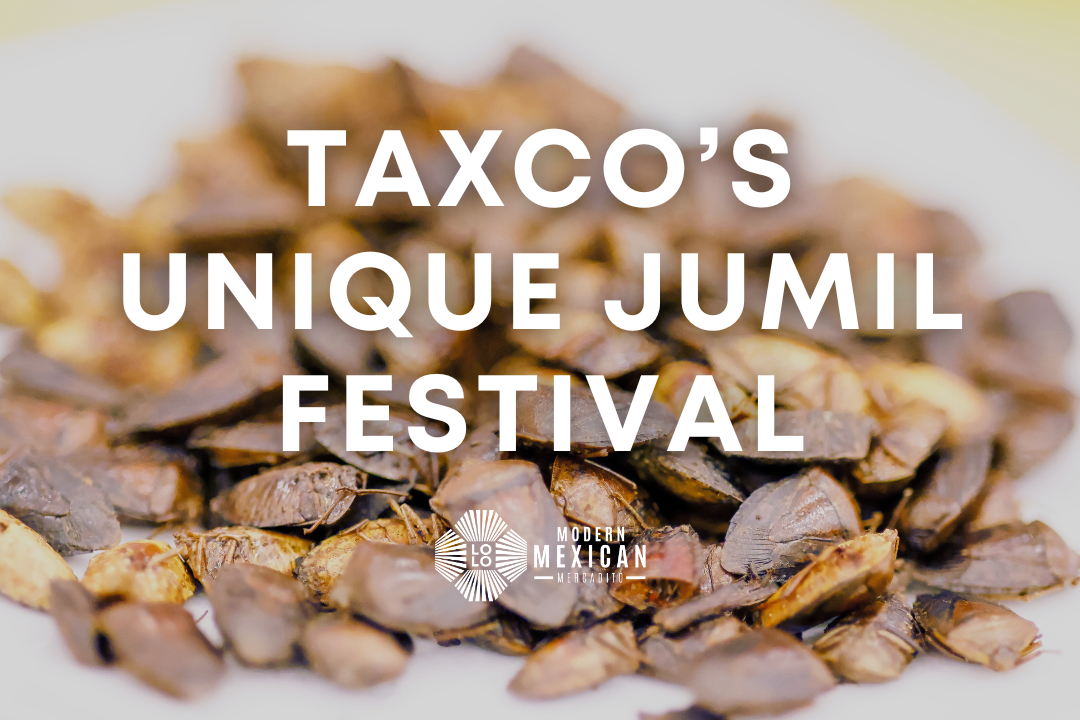
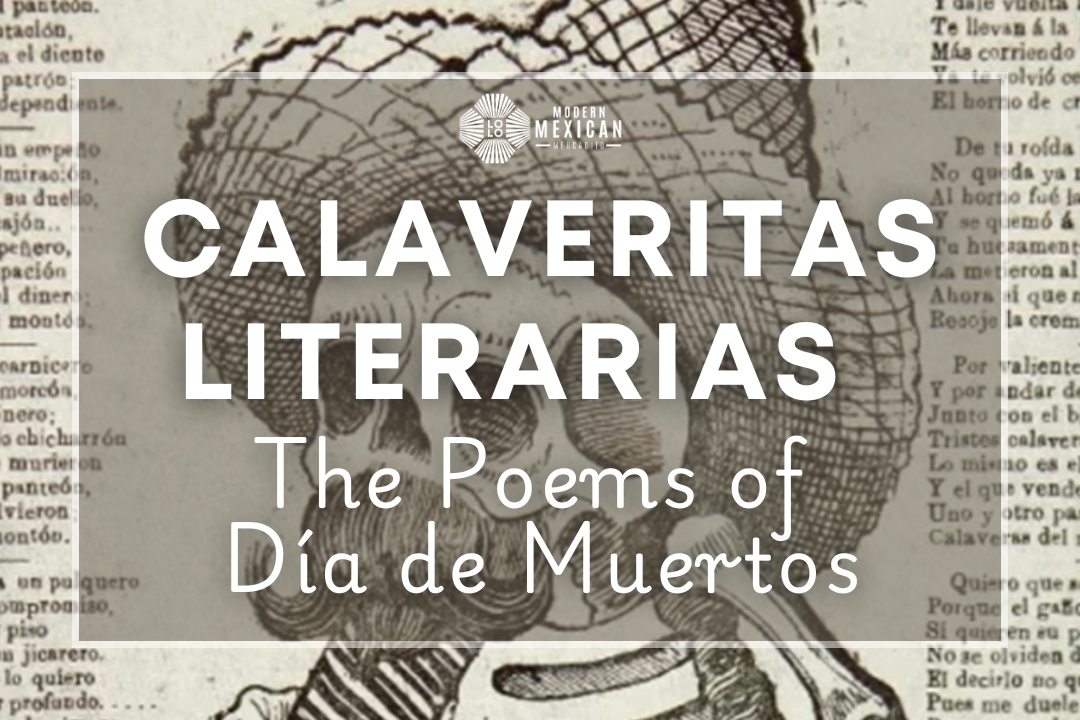
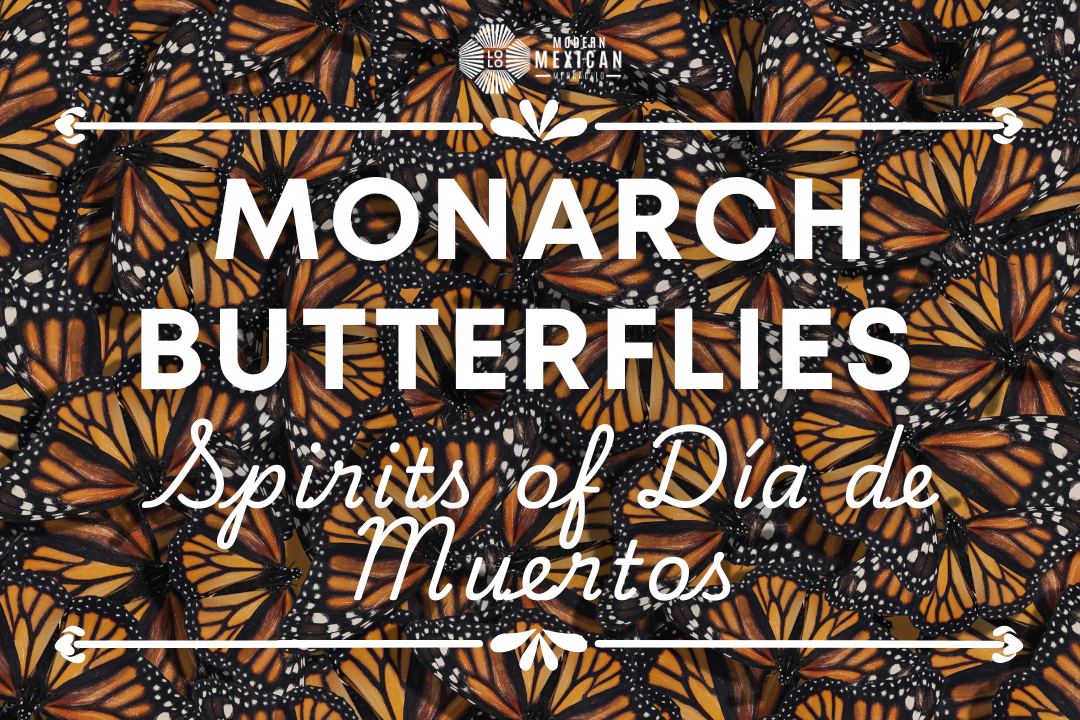
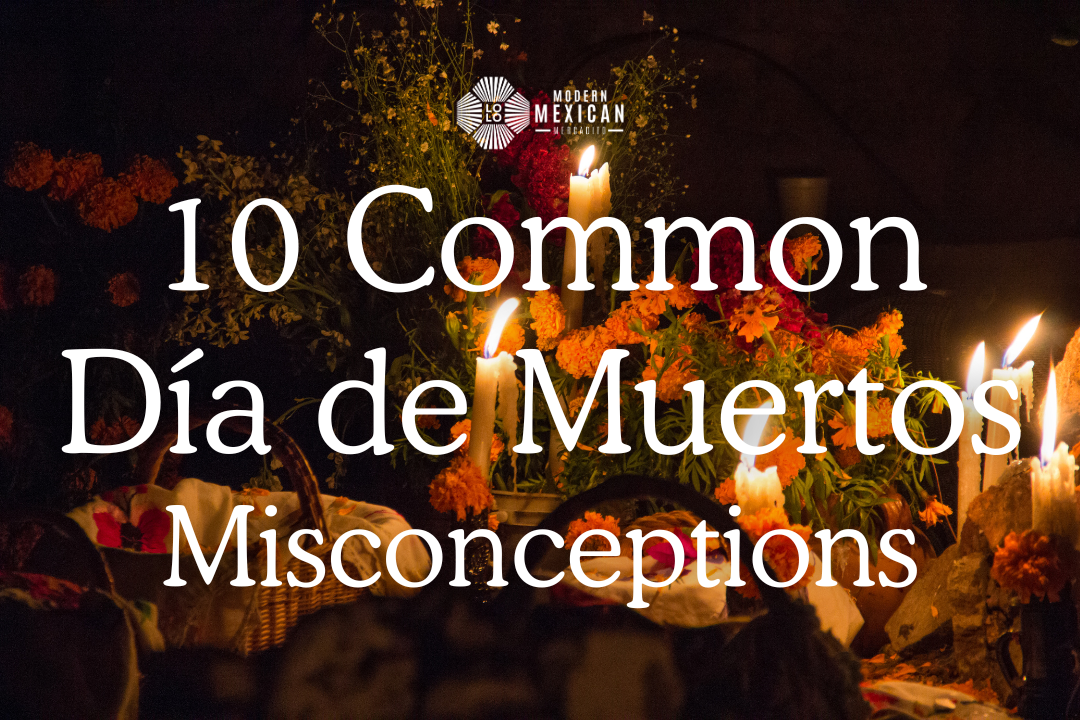
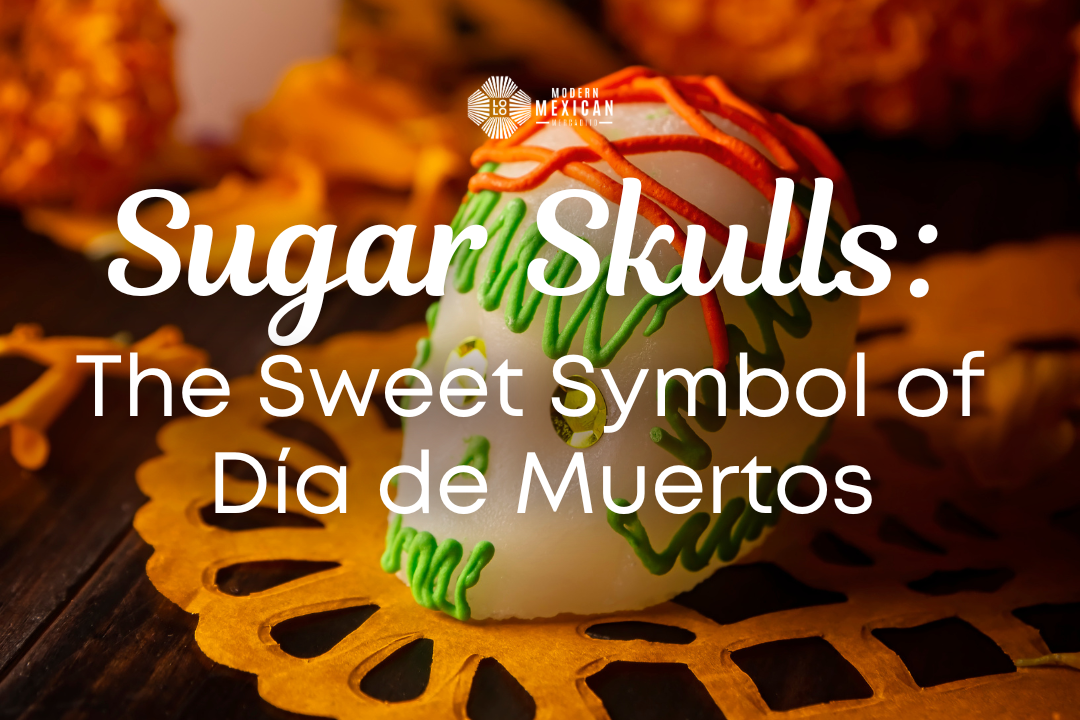

1 comment
Mary
Can you buy patterns with directions to do these beautiful pieces.